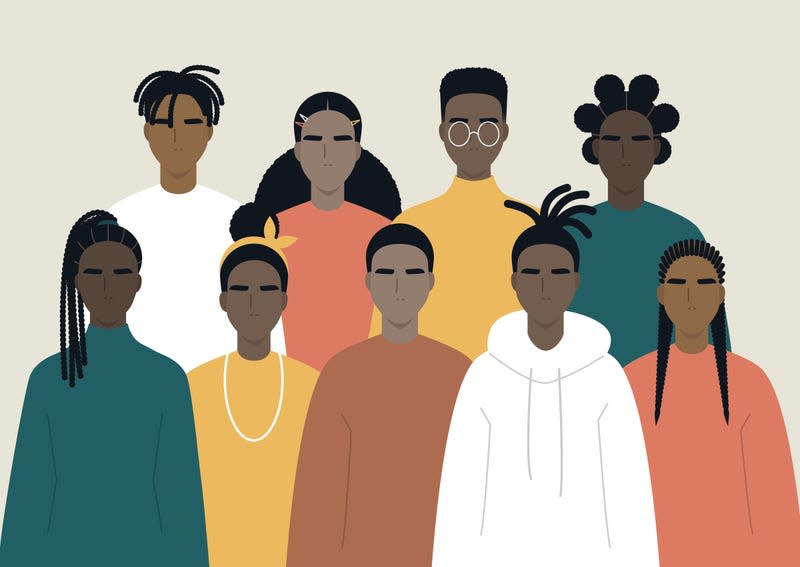Racial Profiling Should be Treated as a Public Health Issue, Report Says

California’s Racial and Identity Profiling Advisory Board reported teens perceived to be Black were stopped by police at nearly six times the rate of white teens, per The Associated Press. The analysis found that racial bias in policing interactions with Black teens isn’t just a criminal justice issue, but a public health concern as well.
The report says, in 2021 California teens perceived to be Black had a 15 percent higher number of stops involving at least one reportable action as opposed to their white counterparts. These “reportable actions” include handcuffing, searching or detainment in a patrol car. RIPA reported these interactions can lead to adverse mental and physical health implications. They broke it down in six ways:
Read more
Aside from Halle Bailey, Here Are Other Black Disney Actors and Characters We Love [Update]
The Best TV Series, Movies of 2022 to Binge Before the Year Ends [UPDATED]
Megan Thee Stallion Becomes 1st Black Woman to Land Forbes 30 Under 30 Cover
1) violent confrontation leading to injury/death
2) police language that escalates a confrontation
3) sub-lethal confrontation
4) adverse health consequences
5) personal relationship with someone who experienced racial profiling
6) public events without personal knowledge of the unarmed person threatened or killed by police as a result of racial profiling, but where such events cause both individuals and the community at large to perceive a threat
I don’t know about you but I’ve experienced or witnessed at least two of these scenarios from this list. As a result of these interactions, Black people are often left feeling hopeless and dehumanized, the report says. This also increases the risk of anxiety and post-traumatic stress disorder symptoms. And to think there are still Black people gaslit into believing being afraid of police interactions is nonsensical.
“Based on the research, the Board believes that public health officials and policymakers should treat racial and identity profiling and adverse policing as significant public health issues,” according to the report. “It is imperative to recognize that police interactions can negatively affect the mental and physical health of individuals who are Black, Hispanic/Latine(x), Indigenous, and people of color,” read the report.
Read more from the RIPA Board’s report:
Police mistreatment can increase the risk of a range of negative psychological effects.21 A study conducted by doctors and researchers showed that media exposure to police killings of unarmed Black people can have a significant, negative impact on the mental health of Black individuals, without a similar effect on White individuals.
Rather than bolster public safety, increased police presence may have the opposite effect and “may traumatize local residents and erode feelings of security.” Research has also shown that police hyper-targeting of neighborhoods increases the risk of police violence, which can contribute to community fragmentation and poor health outcomes among community members. The causality between police interactions and use of force and the social impact on communities warrants further attention and research, as does the link between psychological health and law enforcement interactions. In this Report, the Board focuses on the existing research demonstrating the health impacts.
This report is honestly just putting statistics and research behind what Black people have been saying for years. In racial profiling lawsuits, plaintiffs often note that the police interaction left them with mental and emotional trauma. Consider Tyree Bell, who filed a lawsuit after being wrongfully arrested for “walking while Black” per KSHB News. The suit said Bell, who was 15 at the time of the arrest, was overcome with sadness watching his family weep for him behind the glass divider of the juvenile detention center.
Bell’s story is only one of many examples of RIPA’s data brought to light.
RIPA says the way to address this issue is (you guessed it) reform. Specifically, developing bias-free policing policies, evaluating peace officer candidates for bias and investing in resources toward addressing the health implications of racial profiling by police.
Not only could California use this reform, but police departments all over the country.
More from The Root
Sign up for The Root's Newsletter. For the latest news, Facebook, Twitter and Instagram.

